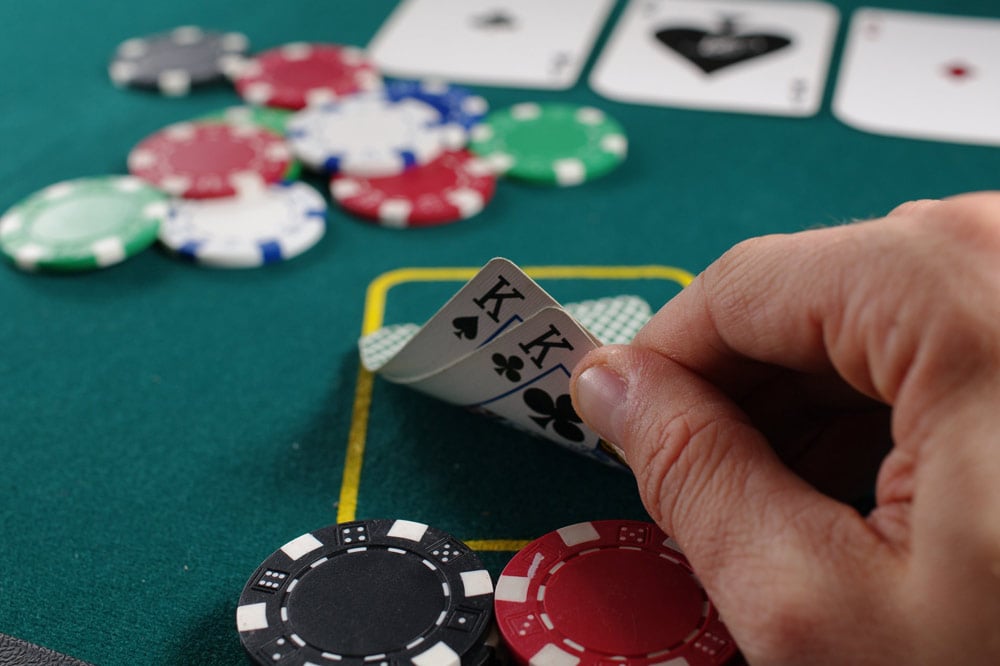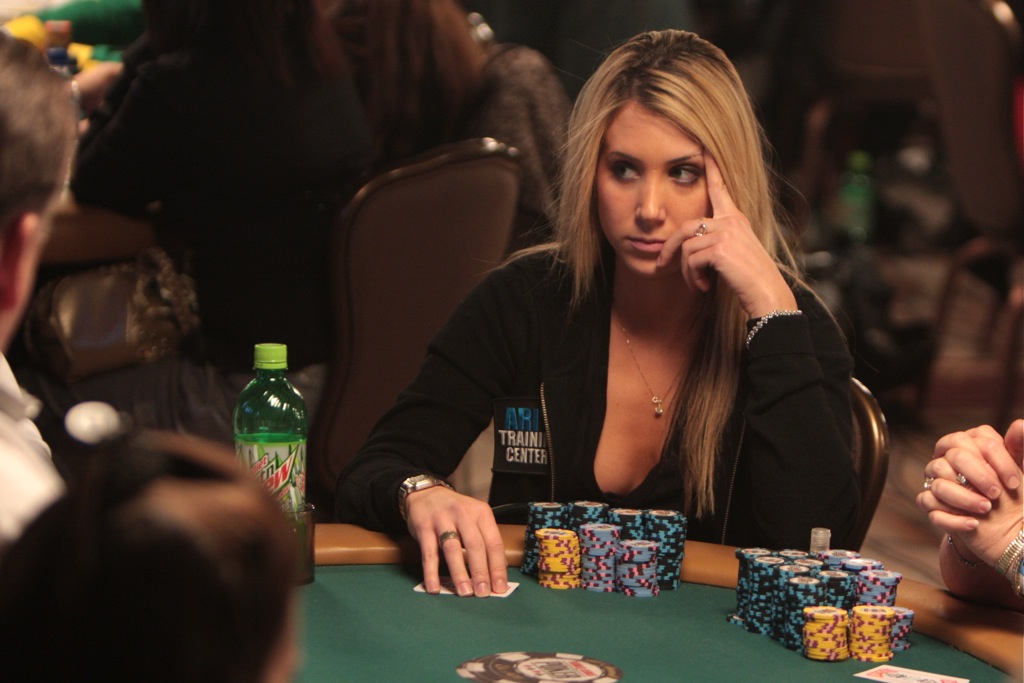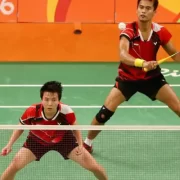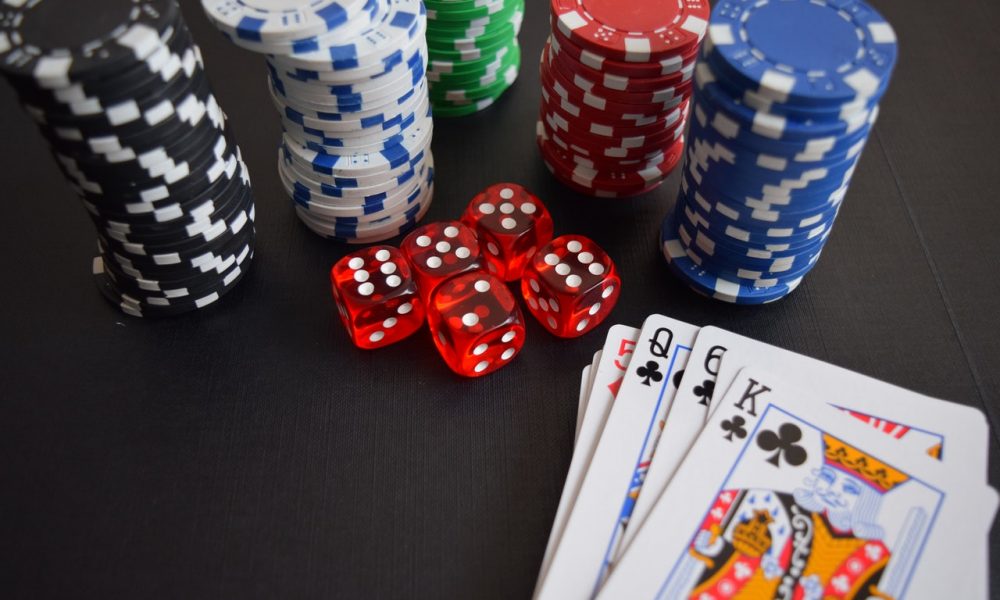Bluffing is a crucial part of poker, and mastering it can take your game to the next level. While it may seem like a simple tactic, bluffing requires skill, strategy, and a bit of luck.
Understanding Bluffing in Poker
In poker, bluffing is the act of making your opponents believe that you have a stronger hand than you actually do. It involves making a bet or raising the stakes to create the illusion that you have a better hand than your opponents.
Bluffing can be a powerful weapon in poker, but it should be used sparingly and strategically. If you overuse it, your opponents will catch on and start calling your bluffs. On the other hand, if you never bluff, your opponents will be able to read your hand easily and take advantage of you.
When to Bluff
The key to successful bluffing is knowing when to do it. There are several factors to consider before making a bluff:
- Your position at the table
- The number of players in the hand
- The strength of your opponents’ hands
- The size of the pot
Bluffing is most effective when you are in a late position, meaning that you act after most of the other players. This gives you the advantage of seeing how your opponents have acted and gives you more information to work with.
Bluffing is also more effective when there are fewer players in the hand. The more players there are, the more likely it is that someone has a strong hand and will call your bluff.
The strength of your opponents’ hands is also important. If you are playing against experienced players who are unlikely to fold, bluffing may not be the best strategy. On the other hand, if your opponents are inexperienced or have shown a tendency to fold, bluffing can be a powerful tool.
The size of the pot is also a factor to consider. Bluffing is most effective when the pot is large enough to make your opponents think twice about calling your bet.
How to Bluff
Bluffing requires skill and strategy, and there are several techniques you can use to make your bluff more effective:
- Act confidently: When making a bluff, it’s important to act confidently and make it seem like you have a strong hand. This can involve making eye contact, sitting up straight, and speaking confidently.
- Choose your spots: Bluffing should be used sparingly and strategically. Choose your spots carefully and don’t bluff too often.
- Use the right bet size: The size of your bet can help you sell your bluff. A small bet may not be enough to convince your opponents, while a large bet may be too risky.
- Pay attention to your opponents: Watch your opponents closely and look for signs that they may be bluffing or have a strong hand. This can give you valuable information to work with.
Bluffing is a crucial part of poker, and mastering it takes time, practice, and patience. By understanding when to bluff, how to bluff, and using the right techniques, you can become a more effective and successful poker player.











Comments